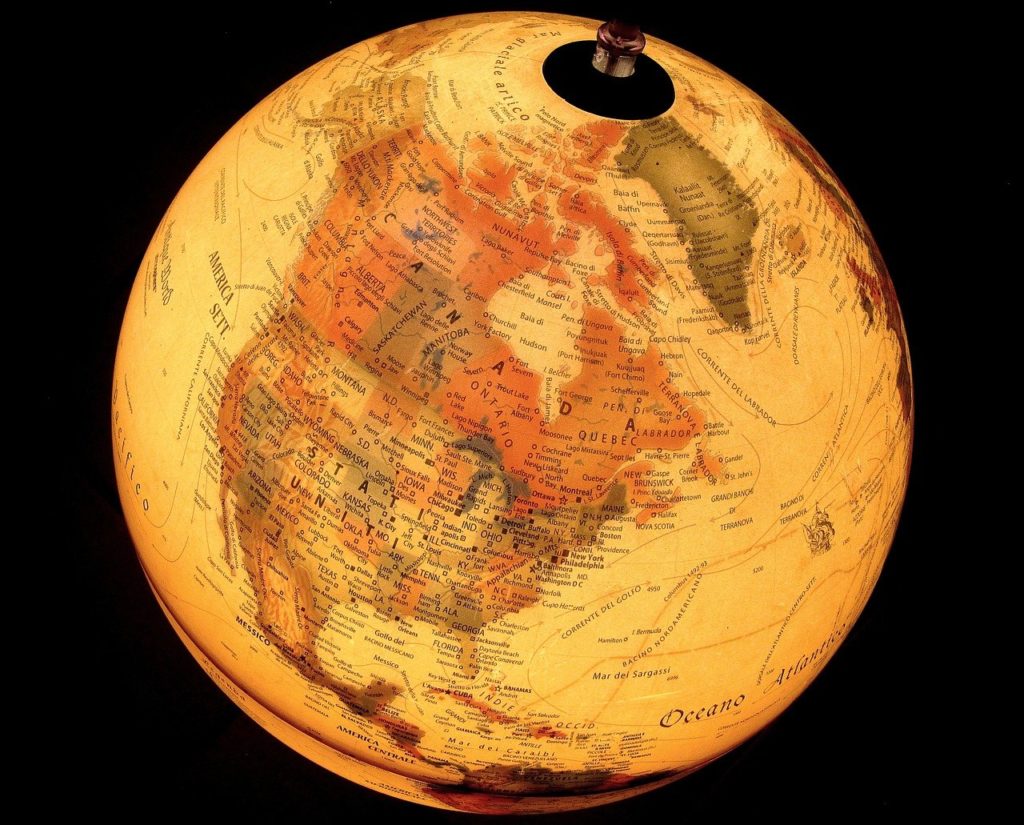Global instability in 2025 – technology, geopolitics, world economy. The world finds itself navigating an era marked by profound instability, as shifting geopolitical dynamics and rapid technological advancements reshape the global order. Analysts point to an emerging multipolar world, declining trust in leaders and institutions, and evolving realms of conflict as key factors driving this unprecedented uncertainty.

The Multipolar Shift
The era of unchallenged U.S. dominance is giving way to a multipolar reality, with power centers emerging in Europe, Asia, and the Middle East. China and India are asserting themselves on the global stage, while regional players like Turkey and Brazil are increasingly influencing international affairs. This decentralization of power has created a more competitive and fragmented global landscape, making consensus on pressing global issues, such as climate change and international security, increasingly elusive.
Eroding Trust in Institutions
A pervasive erosion of trust in political leaders and institutions is compounding global instability. Citizens around the world are expressing discontent with what they perceive as ineffective governance, corruption, and inequality. In many democracies, political polarization and misinformation are undermining public confidence in electoral processes, while authoritarian regimes face growing resistance from disillusioned populations demanding greater freedoms and accountability.
Technological Disruption in Warfare
Technological innovation, while offering remarkable opportunities, is also transforming the nature of warfare and conflict. Cyberattacks, disinformation campaigns, and autonomous weapon systems are becoming integral to modern military strategies. The lack of established norms and regulations around these technologies increases the risk of miscalculation and escalation, as evidenced by recent cyber clashes between major powers. Furthermore, the militarization of space and the weaponization of artificial intelligence are opening new frontiers for competition and confrontation.
Regional Flashpoints
Geopolitical tensions in regions such as Ukraine, the Middle East, and East Asia are further exacerbating instability. The ongoing conflict in Ukraine has destabilized Europe and heightened fears of a broader confrontation between NATO and Russia. Meanwhile, territorial disputes in the South China Sea and escalating tensions across the Taiwan Strait have raised concerns of potential conflict in East Asia. In the Middle East, unresolved issues surrounding Iran’s nuclear ambitions and proxy wars continue to fuel uncertainty.
Challenges to Global Governance
The weakening of global governance institutions is another alarming trend. Organizations like the United Nations and the World Trade Organization are struggling to remain effective amid rising nationalism and protectionism. The inability to enforce international norms or mediate conflicts has left a vacuum that competing powers are eager to exploit, further eroding the post-World War II order.
Pathways to Stability
While the challenges are daunting, there are pathways to mitigate instability. Strengthening international cooperation, particularly on issues like climate change and cybersecurity, is crucial. Revitalizing trust in institutions through transparency, accountability, and inclusive governance can also help bridge divides. Additionally, establishing global frameworks to regulate emerging technologies and prevent their misuse is essential to reducing the risk of conflict.
Global instability in 2025 – Conclusion
The intersection of multipolarity, technological advances, and geopolitical tensions presents both challenges and opportunities. The choices made by global leaders in the coming years will determine whether this period of instability evolves into a more stable and equitable international system or descends into further chaos. Collaboration, innovation, and resilience will be key to navigating the complexities of this new era.











